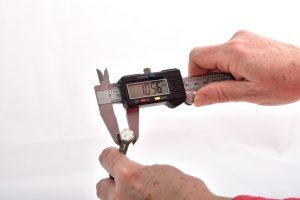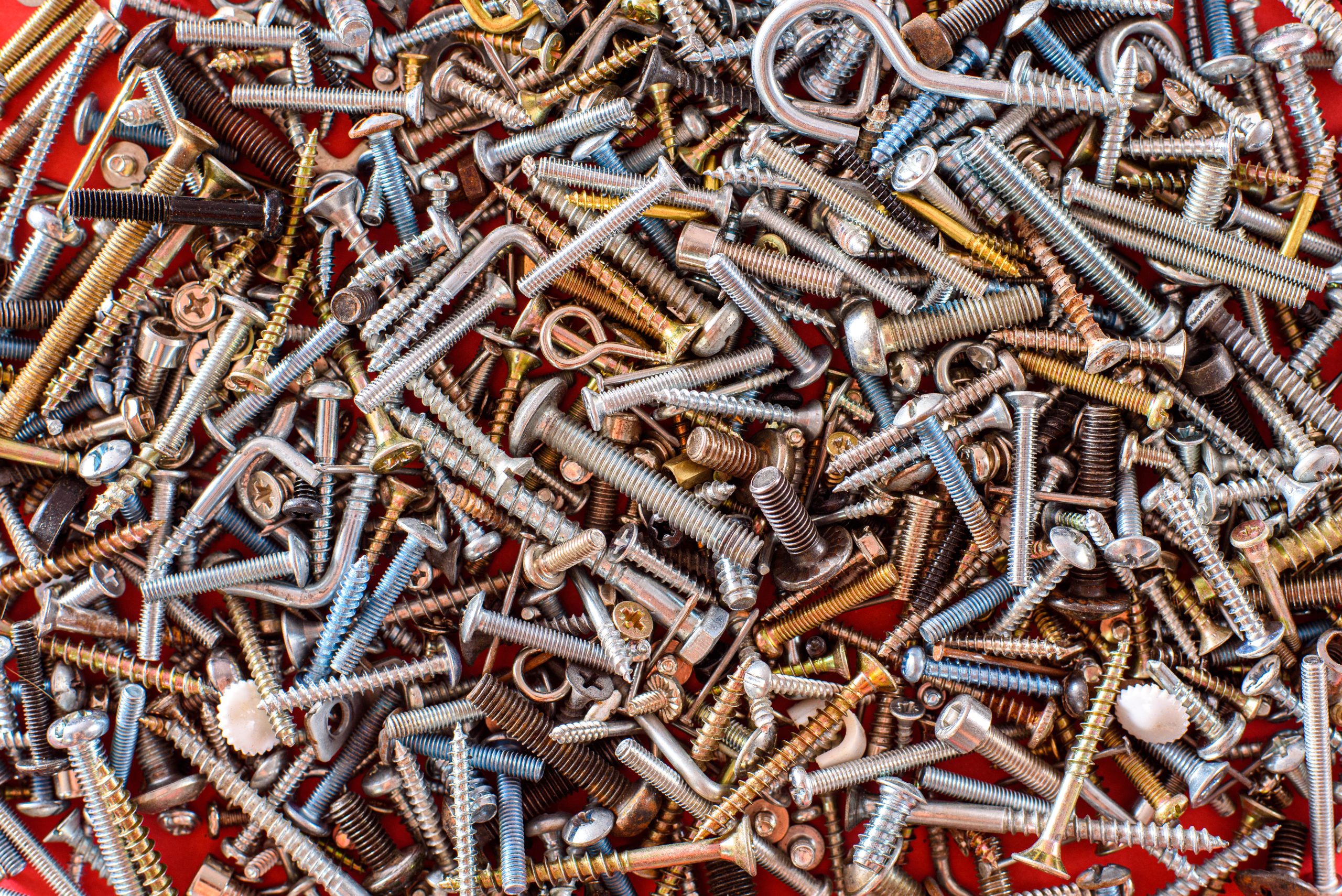
 As leading distributors of a wide range of fasteners for major industries such as aerospace, defense, appliance manufacturing, electronics assembly and others, we take parts inspection very seriously. In fact, a major part of what we do at Electronic Fasteners is ensure the integrity and quality of every product we sell.
As leading distributors of a wide range of fasteners for major industries such as aerospace, defense, appliance manufacturing, electronics assembly and others, we take parts inspection very seriously. In fact, a major part of what we do at Electronic Fasteners is ensure the integrity and quality of every product we sell.
While we consider maintaining a state-of-the-art inspection department a key element of what sets us apart from the competition, government contractors and subcontractors, as well as, commercial product manufacturers often insist upon regular, thorough inspection.
For example, dimensional inspections are crucial for determining if fasteners such as nuts, bolts, screws, and rivets actually match their stated dimensions. Many of the applications our fastener products are used in are mission-critical, demanding tight tolerance fasteners to ensure the structural integrity and high performance of the subsystems and systems in which they are installed. Nuts and bolts with inaccurate threading (such as over-sized minor diameters) will not mate properly and increase the risk of failure, compromising the performance of the component or system in which they are used.
A variety of physical tests are also important. One of the most critical physical characteristics of nuts, for example, is their ability to meet the proof load requirements – this assures the user that the nut can hold the full tensile load of the bolt without stripping or distortion. Hardness testing is another one. Testing for hardness is an indirect way of predicting nut strength to assure the nut’s load-carrying capability.
At a minimum, any reputable distributor should at least perform a visual inspection of all fasteners to catch any obvious problems prior to shipment. Here at Electronic Fasteners we also perform a number of other tests to ensure product integrity, including the aforementioned minor diameter and hardness inspections as well as checking measurements across corners and flats to ensure proper wrench fit and avoid rounding nut corners off when torque is applied by the wrench.
These are, of course, just some of the inspections carried out by our highly-experienced inspection department. Each type of fastener and the material it is made of, as well as its application, will dictate the kinds of inspections necessary to ensure that each of our customers get the high quality fasteners they’ve come to expect from Electronic Fasteners.


